Aleksandra Śląska
Nascimento : 1925-11-04, Katowice, śląskie, Polska
Morte : 1989-09-18
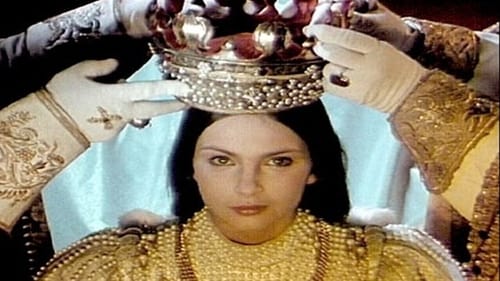
Queen Mother Bona Sforza d'Aragon
Drama about historical figure Barbara Radziwiłł, her romance with King Sigismund II August, her death and her posthumous return to Vilnius.

Joanna
Two handed chamber piece about a middle aged woman who returns from the camps after WWII and meets the mother of her deceased husband. Unable to explain the truth about her husband’s death, Joanna weaves a web of lies to comfort the old woman. In time she is forced to involve more and more people who know of his fate.

Marta
The Gestapo searches one of the apartments in Warsaw. It comes to a tragedy.
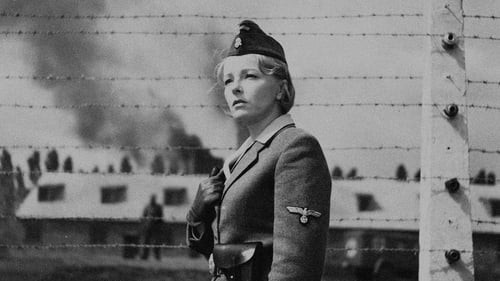
Liza
Uma mulher alemã está em um navio voltando para sua terra natal na Europa. Durante a viagem, vê uma mulher cujo rosto lhe traz lembranças de seu passado cheio de tragédias. Quando ela conta ao marido sobtre a mulher que salvou no passado, o filme mostra ao espectador os acontecimentos.

Nitka, żona Siennickiego
After a violent quarrel, Nitka leaves her husband Andrzej. He meets a young girl with whom he is getting closer and closer.

Teresa
"A Meeting in Bajka" tells a seemingly banal story of a marital triangle which bristles with intrigues and psychological nuances as a man, his wife and her lover rendezvous at the Bajce cafe.

Jadwiga
Based on real events story of stealing methyl alcohol causing mass poisoning in town.

teacher
1944. Communist militiaman take a post in a little town in the east of Poland. He has to stand against his own men that are not happy with new authorities.
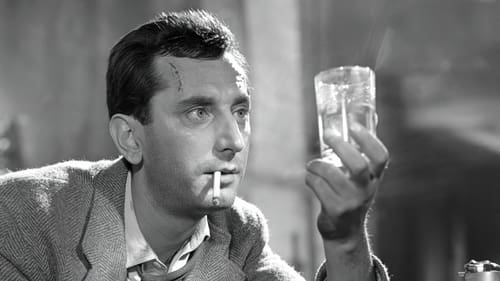
Krystyna
A day in the life of an alcoholic. With the help of his girlfriend Krysia, Kuba attempts to regain control of his life. But when his girlfriend is at work and Kuba home alone, resisting temptation becomes hard.
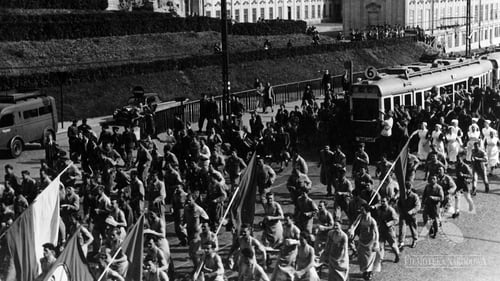
Hanka
In war-ravaged Warsaw, five juvenile delinquents are given probation for stealing, to rehabilitate themselves, but remain under the influence of their profiteer-boss.

Krystyna Poradzka
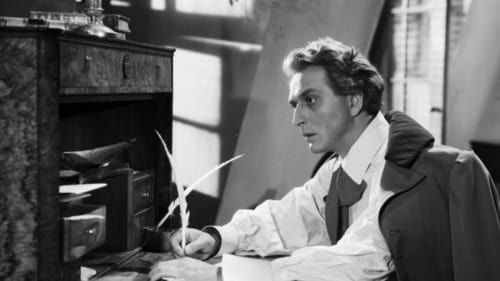
Konstancja Gladkowska
As directed by Aleksander Ford in 1952, this Polish-language period drama chronicles the life, times and accomplishments of revered Warsaw-born Romantic composer Frederic Chopin, here played by Czeslaw Wollejko (Danton). The feature focuses exclusively on the youth of Chopin (who died at age 39), spanning his 15th year (c. 1825) through his 21st year (c. 1831); it also depicts Chopin as both prodigiously gifted and one filled with a tremendous spirit of Polish nationalism. Ford concludes with the onset of the illness that eventually killed Ford, set against the backdrop of the famous November Uprising in 1830.

Professor Sonnenbruck is a scientist who is not particularly interested in politics. Even the meeting in 1943 with his former assistant Peters does not change him. He does not betray Peters, who has escaped from a concentration camp, but that is already enough for him. But after the war Sonnenrbruck gets into a conflict of conscience. He thought that science was finally free of politics again only to find the opposite happening at his university in Göttingen. A medical congress in the GDR brings him together with Peters, who is working on a major research contract there. Sonnenbruck decides to visit Peters.
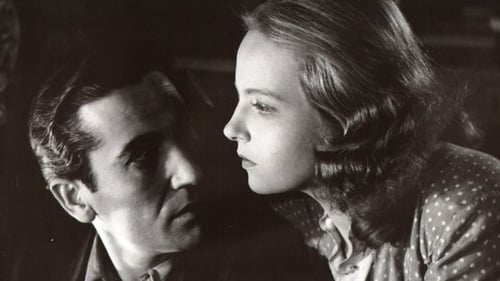
Basia

Oberaufseherin
Poland, during World War II. Martha Weiss, a Jewish woman, arrives at the Auschwitz extermination camp with her family. She is assigned the role of interpreter, but her loved ones are much less fortunate.









